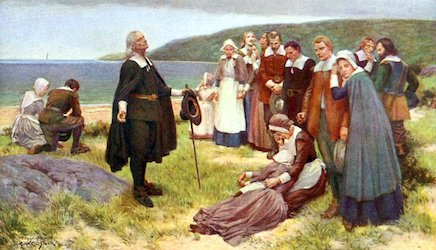
Puritanism. The Puritans were English Protestants in the 16th and 17th centuries who sought to rid the Church of England of what they considered to be Roman Catholic practices, maintaining that the Church of England had not been fully reformed and should become more Protestant.
By the late 1630s, Puritans were in alliance with the growing commercial world, with the parliamentary opposition to the royal prerogative, and with the Scottish Presbyterians with whom they had much in common. Consequently, they became a major political force in England and came to power because of the First English Civil War (1642–1646).
Almost all Puritan clergy left the Church of England after the restoration of the monarchy in 1660 and the 1662 Uniformity Act. Many continued to practice their faith in nonconformist denominations, especially in Congregationalist and Presbyterian churches. The nature of the Puritan movement in England changed radically. In New England, it retained its character for a longer period.
Puritanism was never a formally defined religious division within Protestantism, and the term ‘Puritan‘ itself was rarely used after the turn of the 18th century. Some Puritan ideals, including the formal rejection of Roman Catholicism, were incorporated into the doctrines of the Church of England.